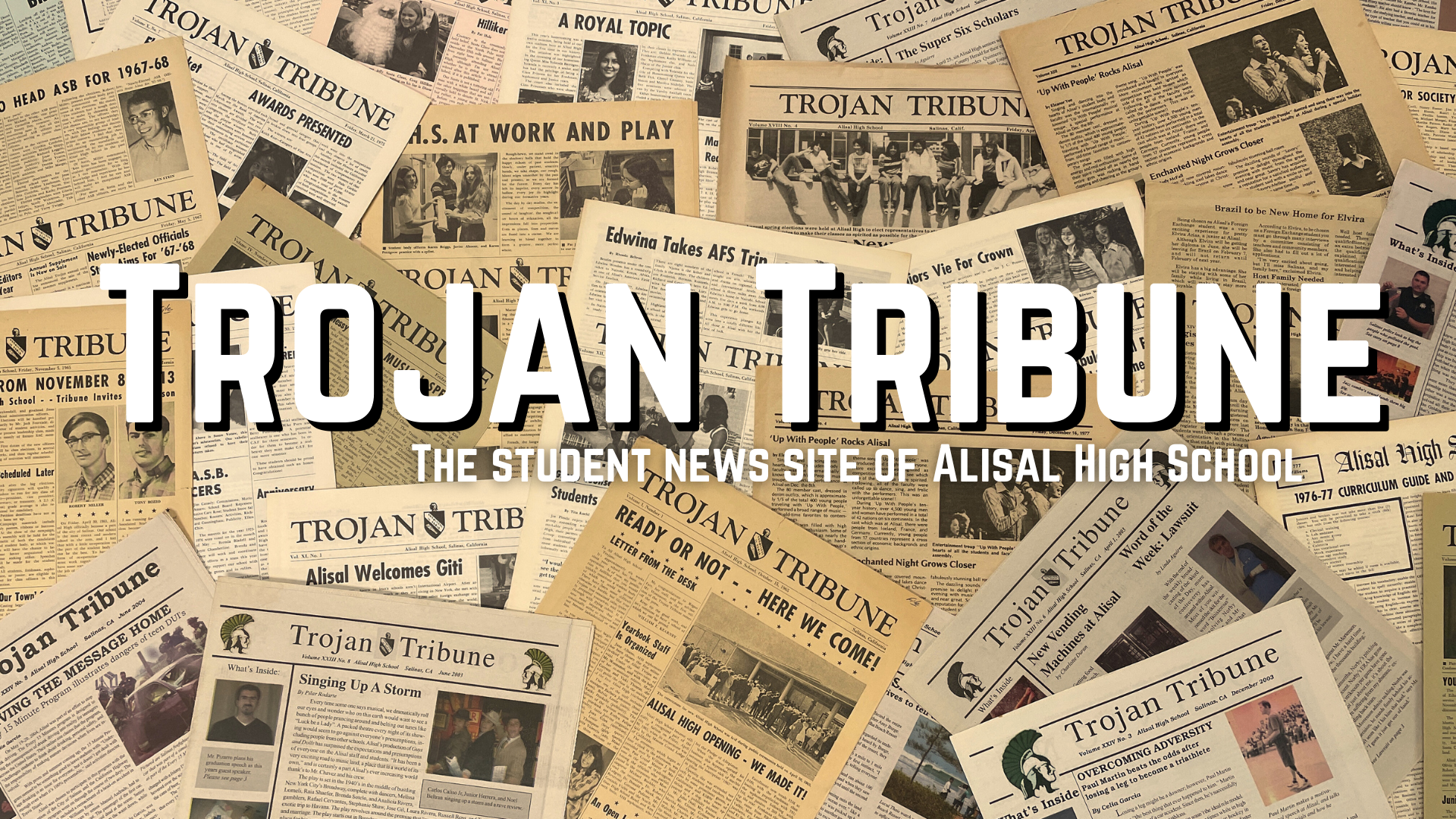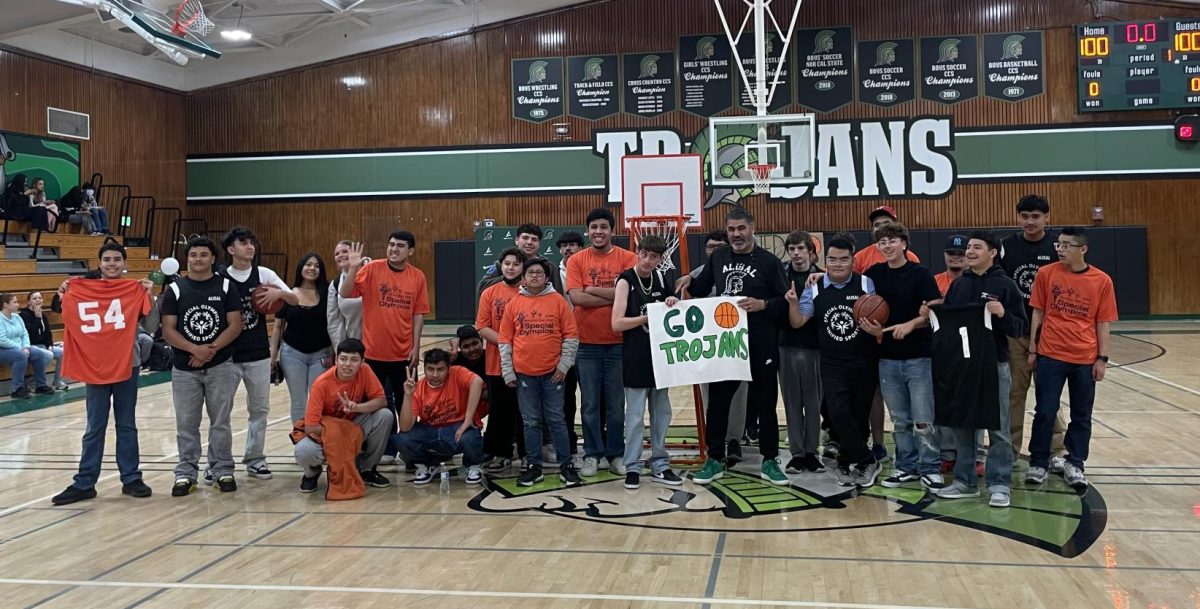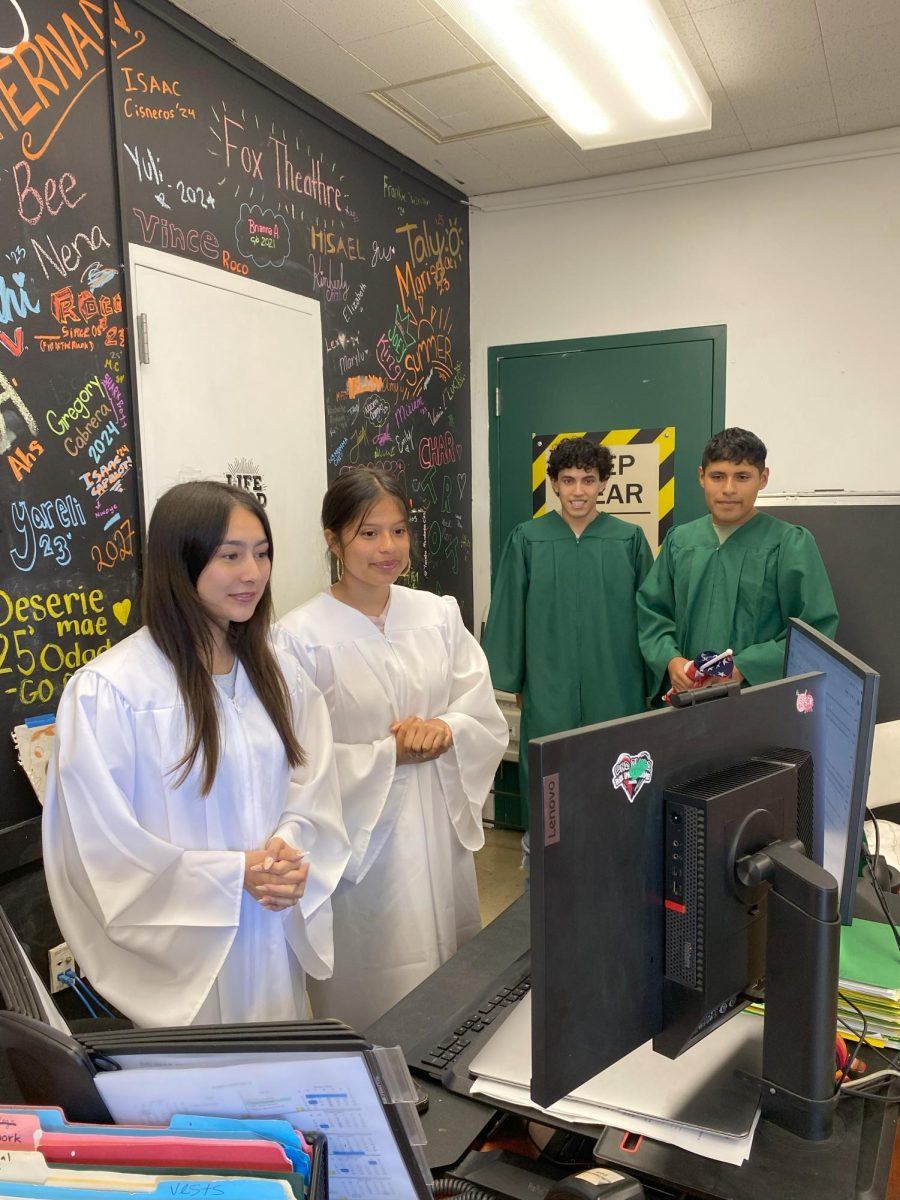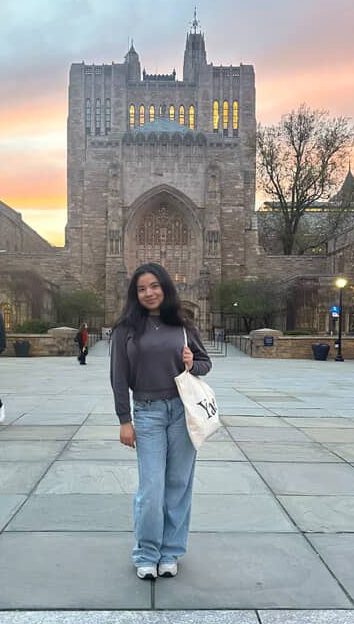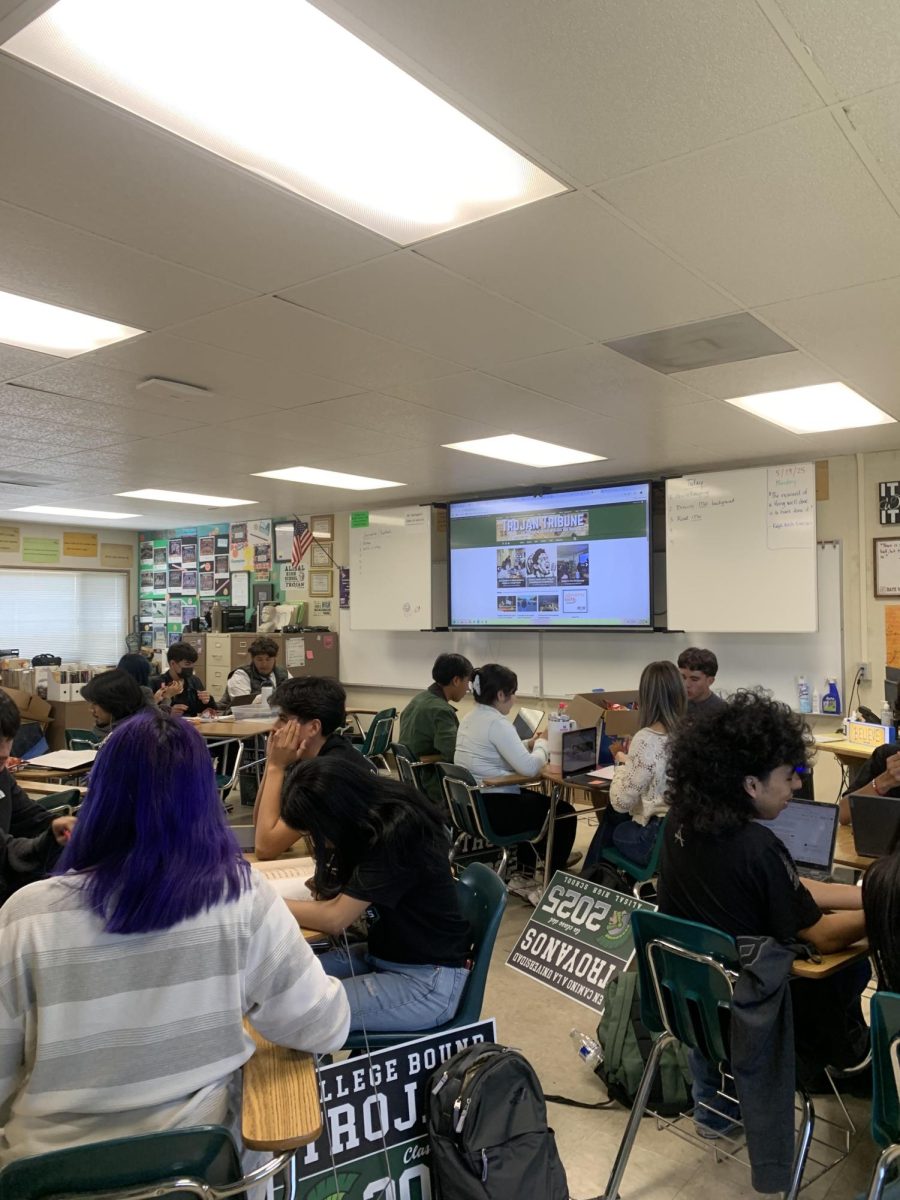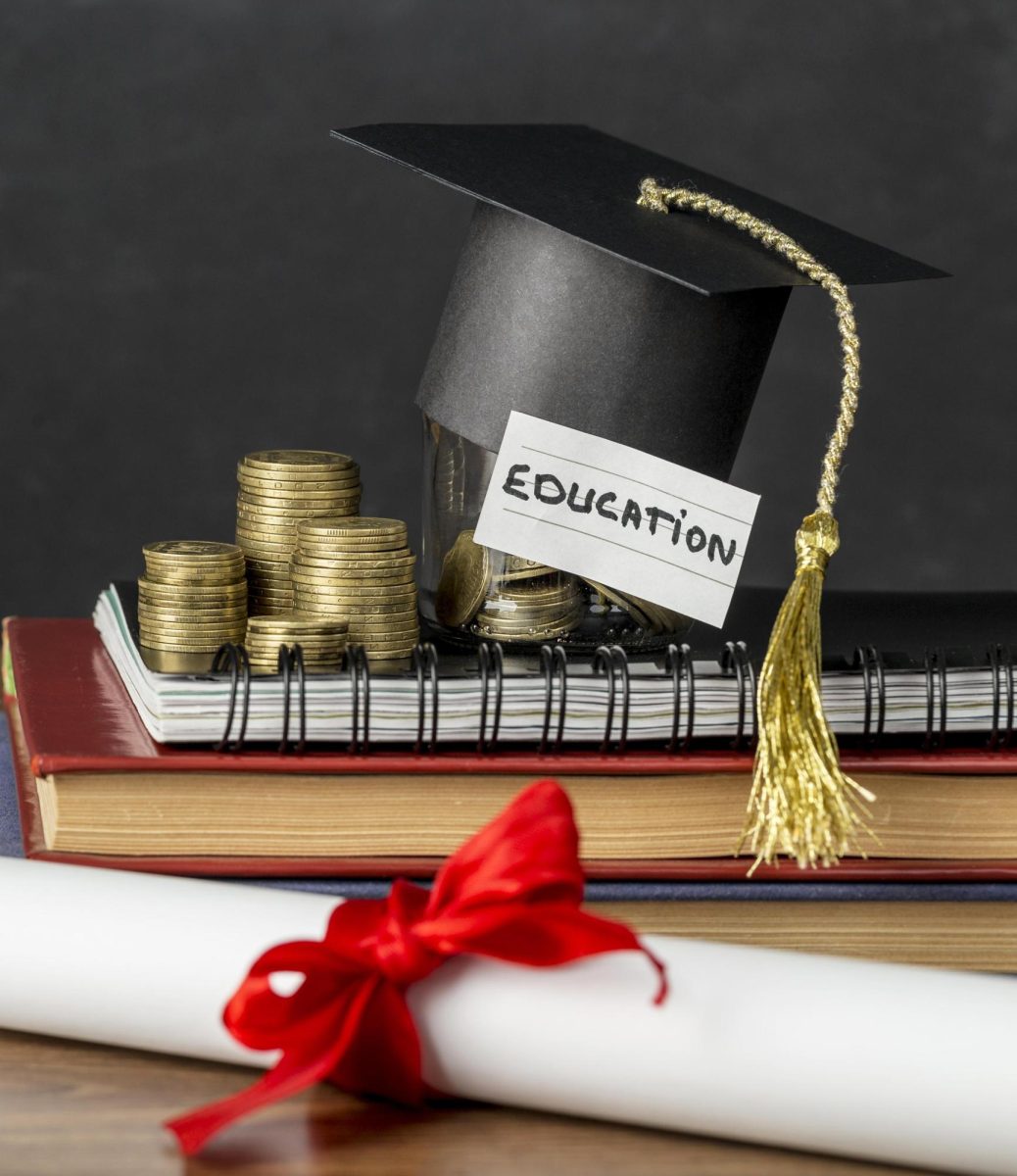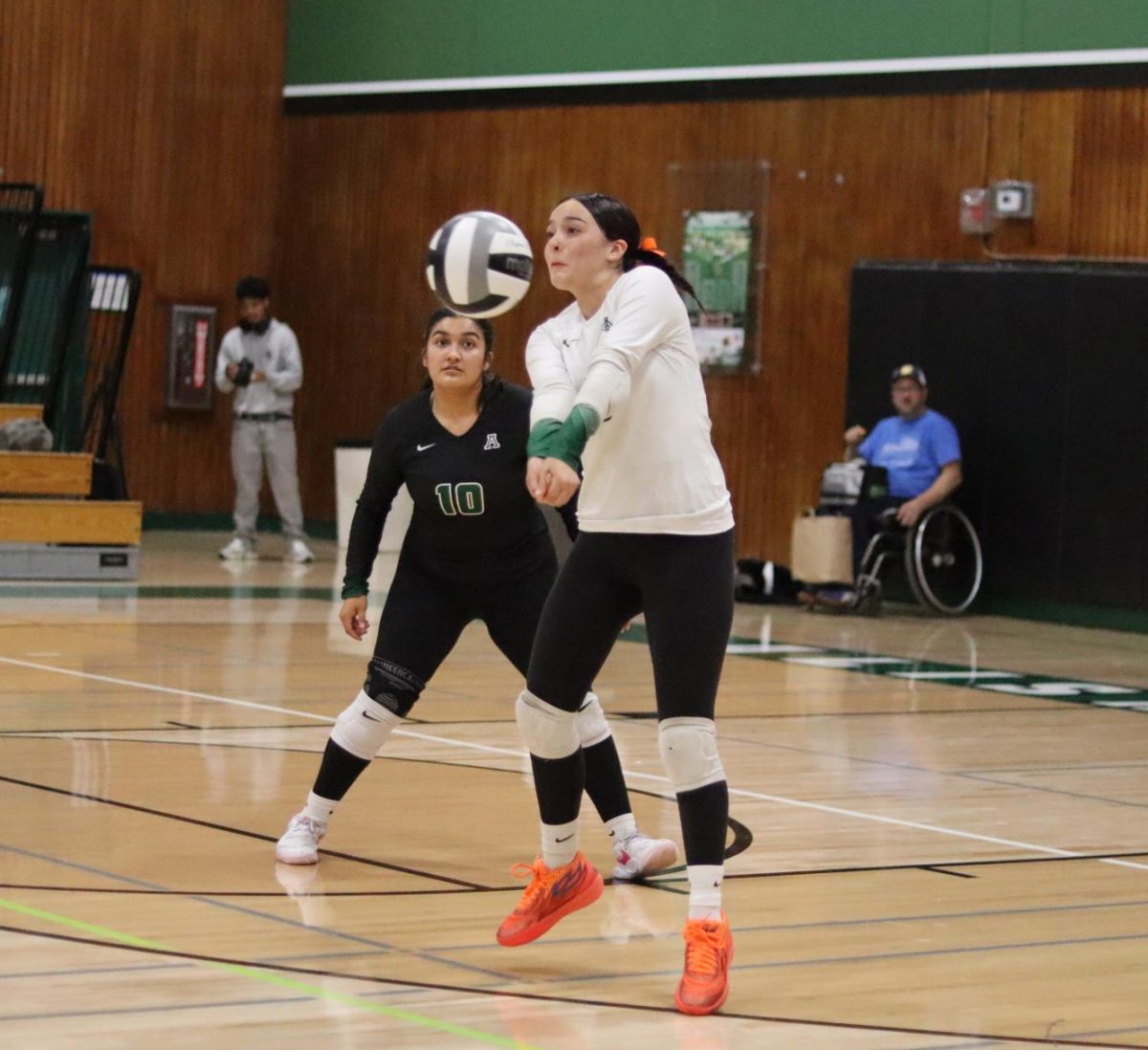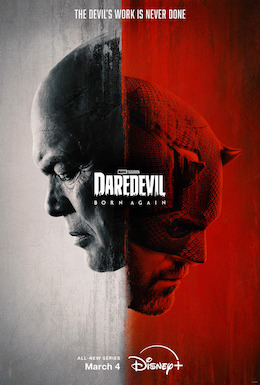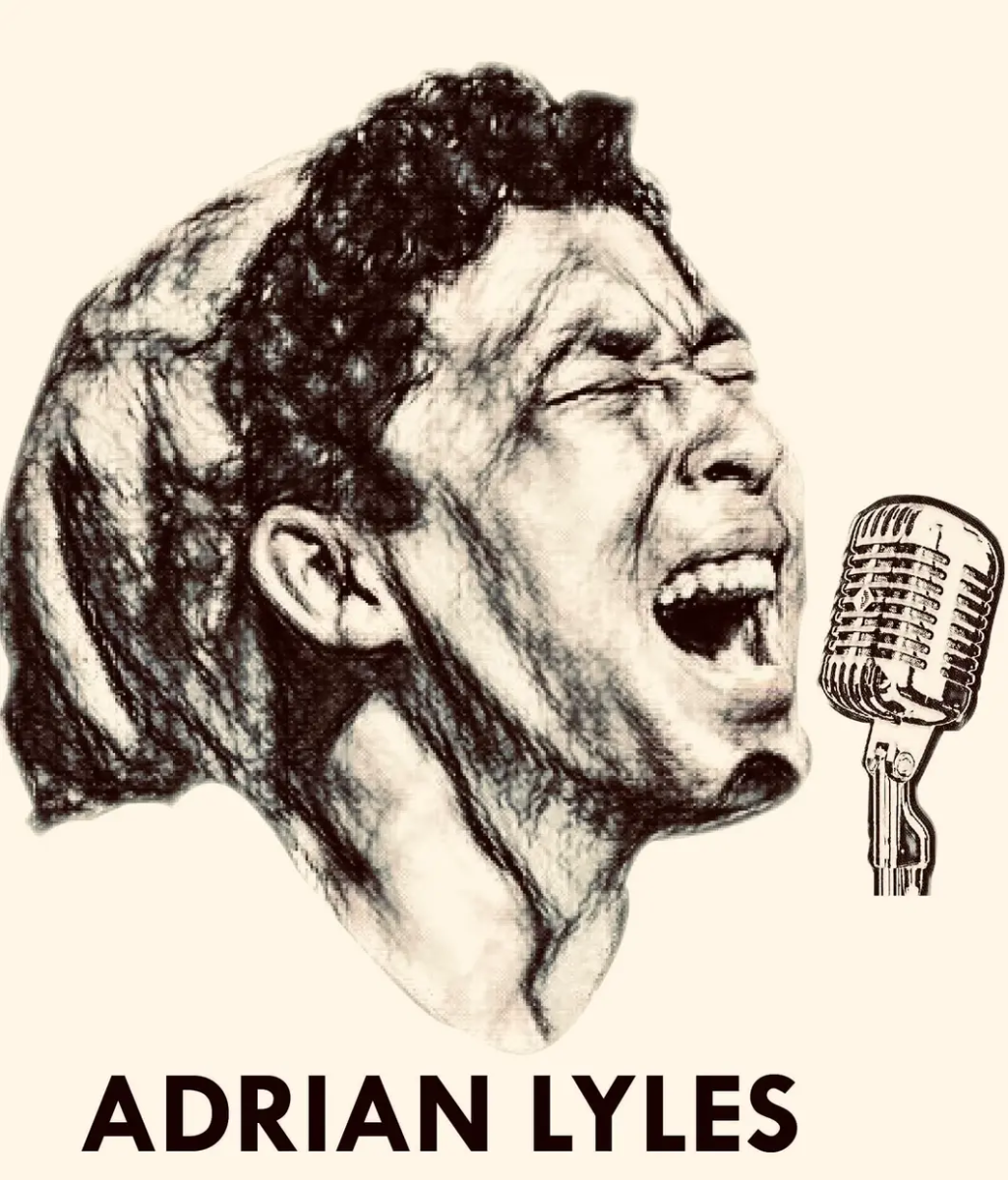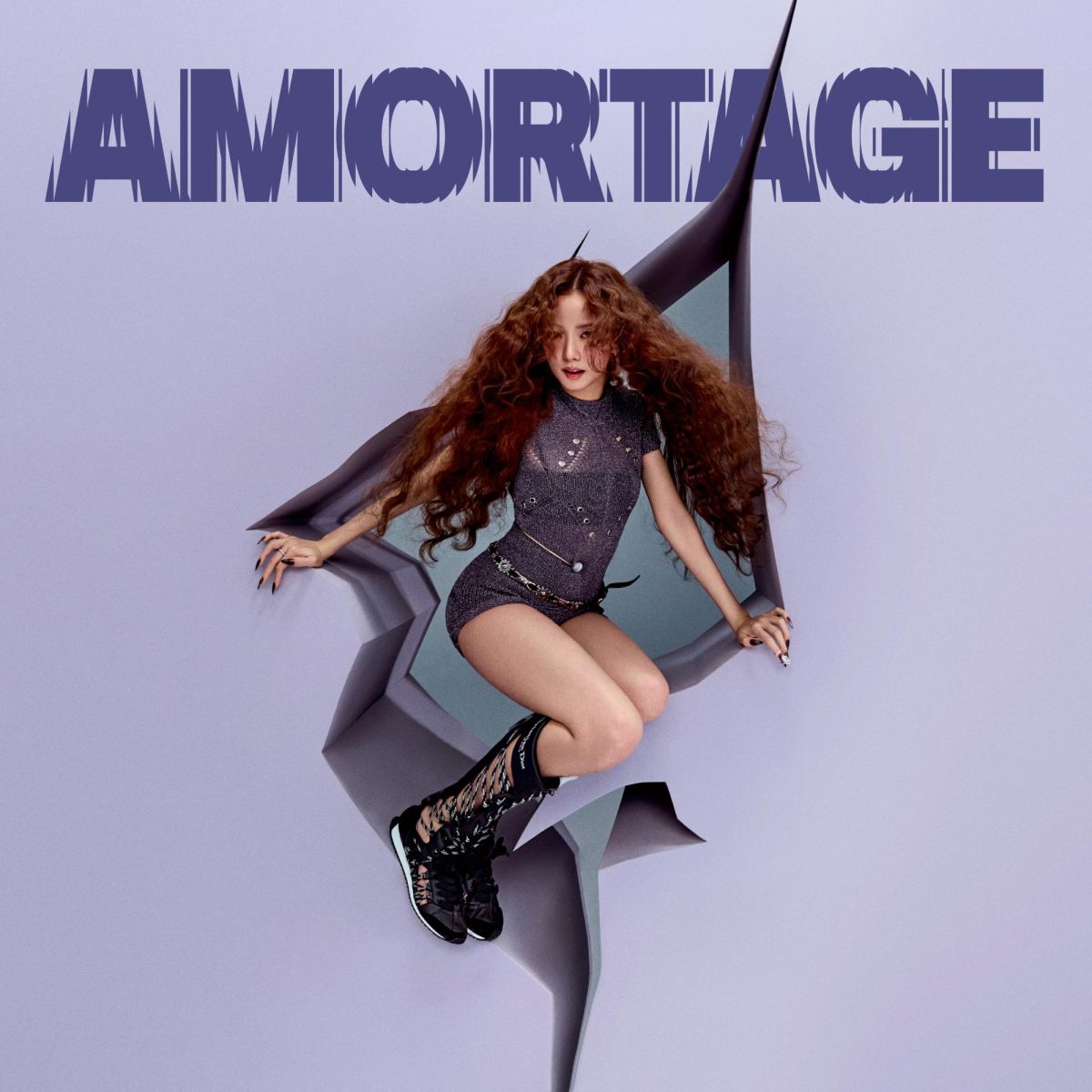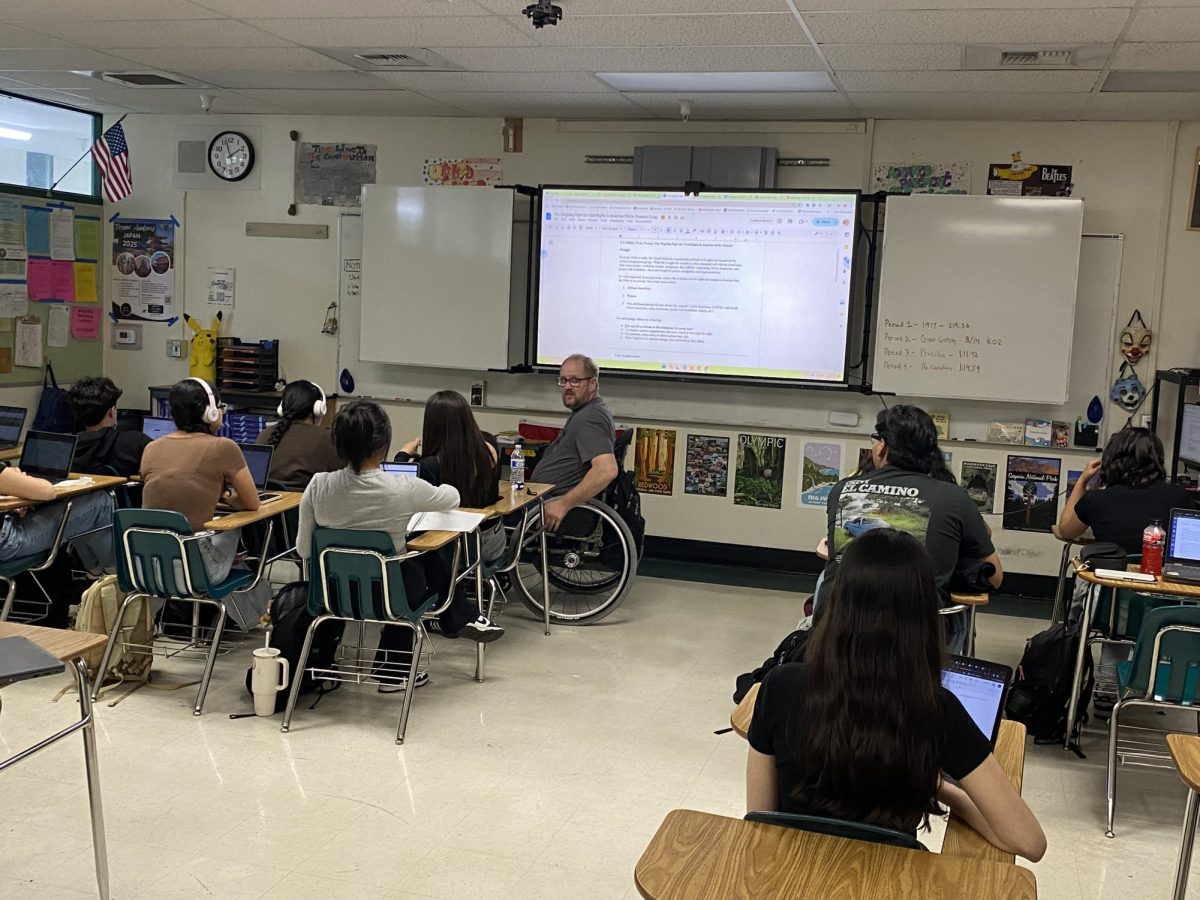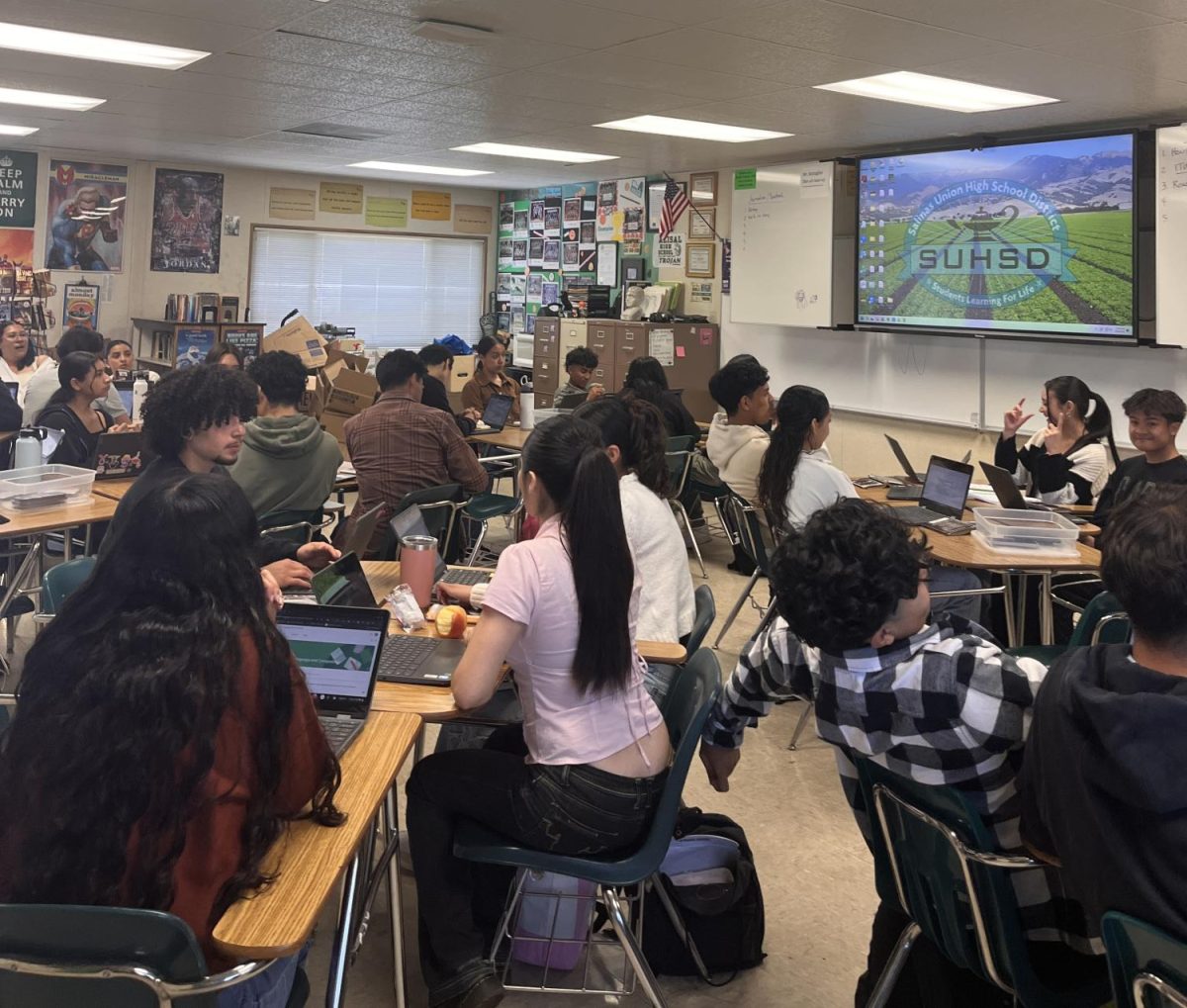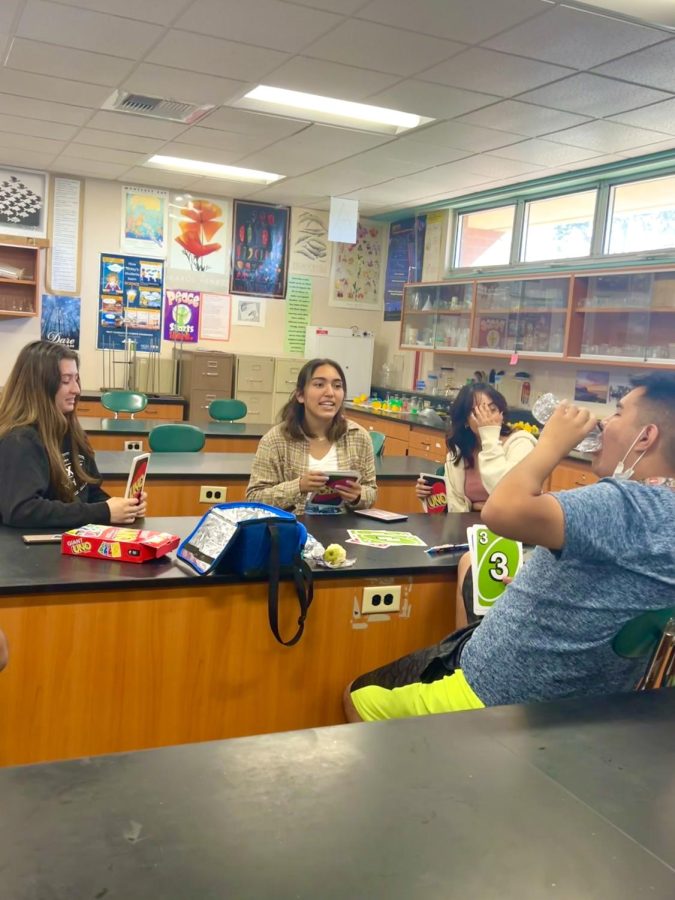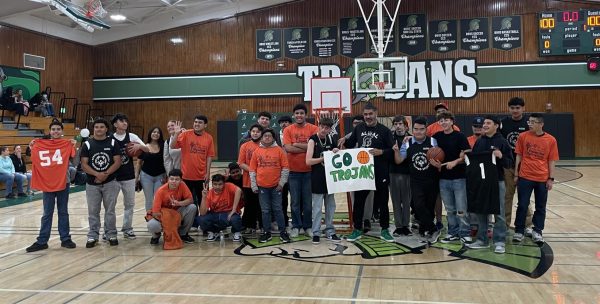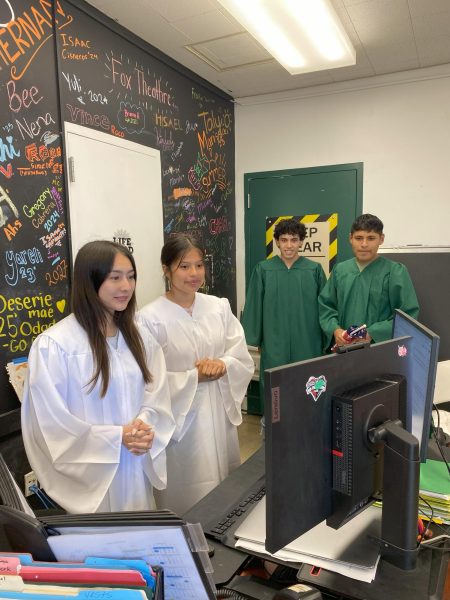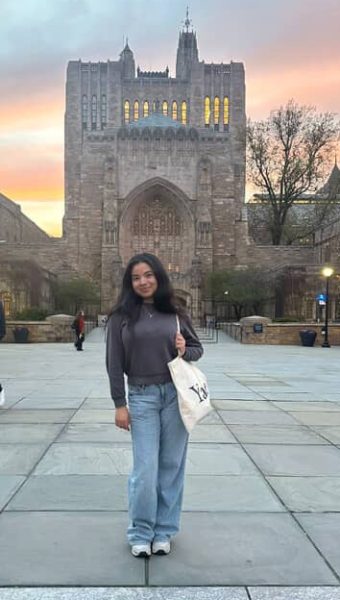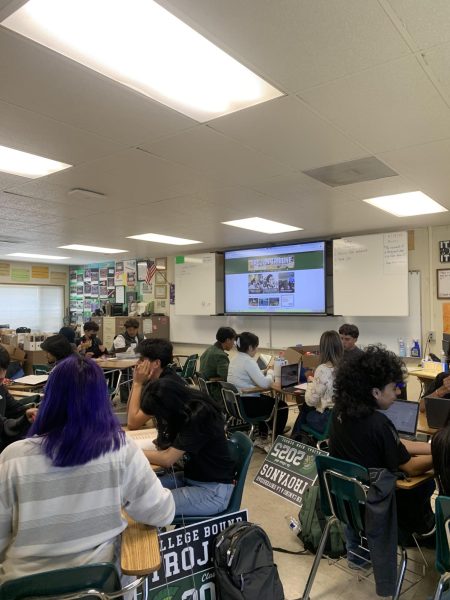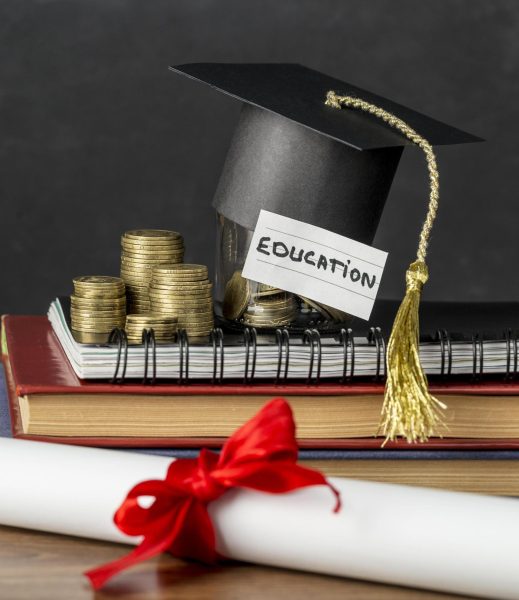Circle of Friends promotes inclusion, friendship
During lunch in room 726, juniors Danielle Gurrero, Ilana Mendez, Izabella Ocampo, and senior Eron Rosales-Ayala had a good time playing UNO cards at the October 21st meeting. “UNO is a fun game to play. It’s even more fun to have a whole lot of decks,” Guerrero said.
While some people aspire to be different, others are born different and their differences set them apart and exclude them from their peers.
People who are atypical have to face both mental and physical challenges from limited ability to hear, to make decisions, to understanding whether or not something is unsafe “….for a long time it’s been separate and you know the rates of autism continue to rise. We’re going to have more students with disabilities and it’s important to acknowledge that they are here, part of our school and that we can include them and everyone benefits [in the program],” Alison Guerin said.
Growing up, many atypical students have faced a harsh reality of being put down due to the stereotypes that society has placed on them, and they need a place to go and an opportunity to be included in everyday school activities, and that’s where Circle of Friends (C.o.F.) comes in.
The purpose of the club is to deliver opportunities to engage and learn with student peer leaders of Alisal. Students who are involved in this club, can receive community hours prior to pre-approval in the Career Center, have a safe space to eat their lunch along with other students, and learn that they are more alike than different. “Their mission is great. They do everything nice to include everyone and provide a friend,” Danielle Guerrero said. Senior Eron Rosales felt the same, “I like to meet new students and I enjoy that the class is different,” he said. “At first, everything was different to me, new people and new class; later on I felt very happy to play games with the students.”.
The club is a national program that began in 1999 at Santa Monica High School in California, when a young man with Down’s Syndrome was alone and isolated at times when most teens were making friendships and eating.
It started with 12 students and grew to over 4,000 participants in promoting inclusion for students who are atypical. Up until 2005, a nonprofit organization of the same name decided to replicate the program across the country. This program consists of acceptance through genuine friendships, decreases bullying, and creates allies and advocates for their friends. “It’s been a problem for many years, there’s been a lot of research from inclusion and our autistic community is pushing more for inclusion and in general it’s becoming more prevalent in education,” adviser Guerin said. “When I was in high school, we didn’t see students with disabilities… I remember one student being brought in from the home room, the kid was never introduced to us, it always seems wrong to me that that was the approach, but I do think things are getting better.”
The program was adopted through the school district in order to bridge a gap of the disproportionate numbers of diagnosed students with autism who showed little to no improvement over the years. Guerin started the club with the following advisors: Salvador Coronado, Elizabeth Delgado, and Deirdre Gonzales. “I just feel like this program is not only going to be good for our students but our school,” Coronado said. ”At first my [special ed students] were confused about what it was and the purpose of it. Once we started explaining, many wanted to join and started off slow to see how we were going to run the program and how it’s going to work,” Coronado said.
The majority of the national clubs have only consisted of grouping 2-3 students to do an activity and eat their lunch, up to date there is an approximate total of 60 students. This club contains three programs – Arts/Games, Cup of Joy, and Hiking. “I would like to spend more time playing games and I feel happy having people be in the club. I also enjoy eating my lunch with them,” freshman Alan Cortez said. “It’s good to involve people more and have people involved to make new friends. People are nice and are cool to have conversations and get to know them better. As a group we felt accomplished and I think we can get used to it. This club also helps us with life skills since there are involvement as cashiers and volunteer work,” Emma Velasquez said.
The first program, Arts/Games, takes place every Thursday during lunch in Room 726. Gonzales, a chemistry teacher, provided her classroom for the meetings. “Reaching outside of yourself is when you do something for someone else is great, but you always get so much in return,” Gonzales said. Students can pick out a board game, do art, play Giant Jenga, or even Giant UNO cards. “It’s pretty fun and an involving club where you get to meet new people and get to know their characteristics,” senior Erika Garcia said.
The second program, Cup of Joy, takes place every Thursday during lunch in Room B14. This program focuses on selling drinks to faculty on collaboration days as well as learning additional communication skills. Any participation and additional ideas from students at Alisal High are welcomed. “I envision for my students to be more comfortable and build friendships outside of class and be more confident,” Coronado said. The way they hope to achieve this is through developing the students’ communication skills while in this club. A purpose of this club is to “See [students on spectrum to] interact because most of them model other student’s behaviors,” Special Ed teacher, Zenayda Torres said.
A majority of the modeled behavior is from a positive student peer role model. “It’s a great opportunity for two different groups of students to interact with each other and learn from each other. Both the teachers and students are polite and passionate about this project,” junior Esmeralda Delgado said.
The third program is the Hiking club, which meets once a month during lunch in Room B6 to coordinate a monthly hike. “[This] will allow them to explore the beauty of nature, allow them to get to know our beautiful Monterey County, meet new friends, combine hiking with mindfulness and learn strategies on how to feel less stress,” Elizabeth Delgado said.
They’ve hiked Garapata, Fort Ord National Monument and are currently planning a hike in Andrew Molera. “After hiking, I was tired and it was overall really great. After that, we saw the beach and met other people taking pictures,” senior Emma Velasquez said.
Through this program, students seem to express their freedom and not be judged constantly. “[Students] are more relaxed, you can see their true colors, they’re more social, and if they feel a little shy, that’s okay too…, you just walk and be in your own world,” Elizabeth Delgado said. “I think the hiking club is great because we get to go on hikes and we get to spend time with students and interact with students of special needs,” returner senior Allie Esmeralda Hernandez said. “It’s really fun and the hikes are exciting. There are options on what hike level you want to go do,” new senior Allie Ashley Morales said.
The club brings acceptance for who the students are rather than changing them, regardless of someone’s difference of learning doesn’t mean they’re less than in any way. “Whether you realize it or not, you’ve already interacted with people on the spectrum and might not have known it,” Gonzales said. “There’s no reason why an atypical student can’t play a sport or participate in a gaming club or an art club they want,” Guerin said. “That needs to happen more and I think this club is a good start to making it happen.”
Your donation will support the student journalists of Alisal High School. Your contribution will allow us to purchase equipment and cover our annual website hosting costs.
